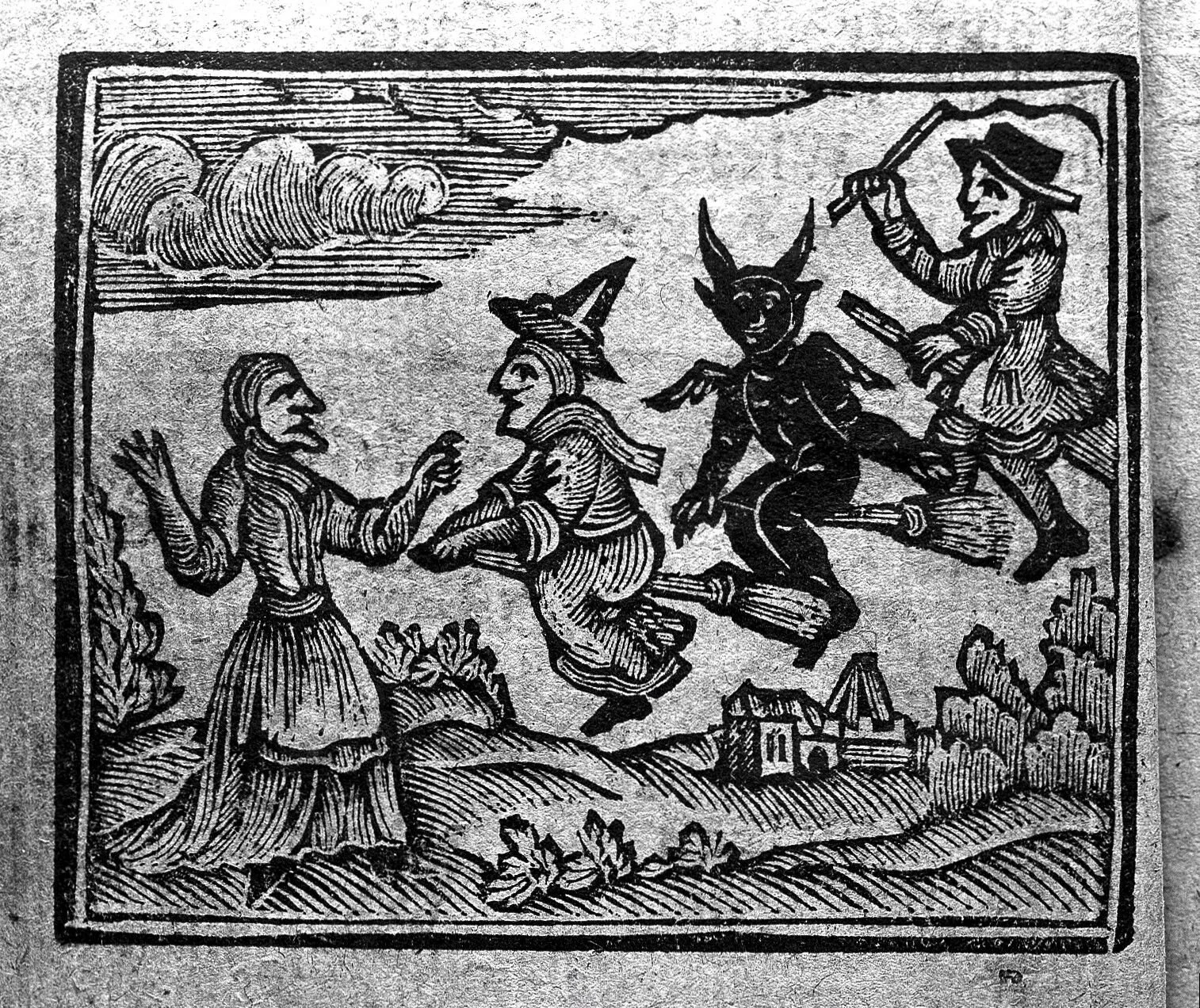From Maidstone to Chippenham: Time to Pardon England's ‘Witches’?
This month, Maidstone Borough Council leader Stuart Jeffery wrote to the Home Secretary asking for the pardon of women executed as witches at Penenden Heath, Maidstone, in 1652 and for all those historically convicted of witchcraft. There is a discussion about establishing a permanent memorial in the town to honour the women Anne Ashby, Mary Brown, Anne Martyn, Mildred Wright, Susan Pickenden, Anne Wilson, and Mary Reade.
The Guardian quotes Councillor Claire Kehily as saying: "Yes, those women will never know – though maybe they'll rest a little bit more peacefully. But I think it sends a strong message that injustice will be called out and fought against. At the end of the day, they weren't witches, they were just women."
This pattern of injustice stretches back further. Almost a hundred years before the Maidstone women were tried, Agnes Mylles lived just outside Chippenham, Wiltshire. Like many of the women accused of witchcraft over the centuries in this country, she was a widow, poor, vulnerable, and convenient. Like the Maidstone women she was charged with causing the death of a baby. This case from 1564 was not simply about supernatural beliefs run wild, but about very earthly concerns: inheritance, family rivalry, and the vulnerability of marginal women in times of crisis. The more I researched her case, the more I identified her as being caught up in circumstances beyond her control, and likely beyond her knowledge—the result of an elite family at war with itself. Agnes's story reminds me that behind the sensational tales of supernatural evil, there were real women, and some men, whose lives were destroyed. As the first recorded person to be executed in England for witchcraft her death was a poignant sign of what was to come.
In 2022 the first minister of Scotland issued a formal apology for the injustice to Scottish women tried as witches. In 2025 the campaign for their pardon continues. In this country hundreds of women were executed like Agnes. It is my opinion that we should pardon the Penenden women, and all those who suffered similarly. Maybe other councils will follow the example set by Maidstone. Perhaps it will become a campaign.
Meanwhile, in Chippenham, Agnes's story will feature in a celebration of the town's history planned for next year. There is even talk of a memorial to her. I hope that her story will not be forgotten, and in this way, whether a pardon is issued or not, at least at a local level, we can begin to address the injustice done to her.
